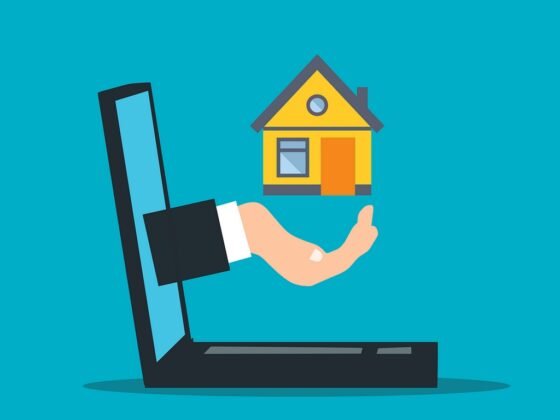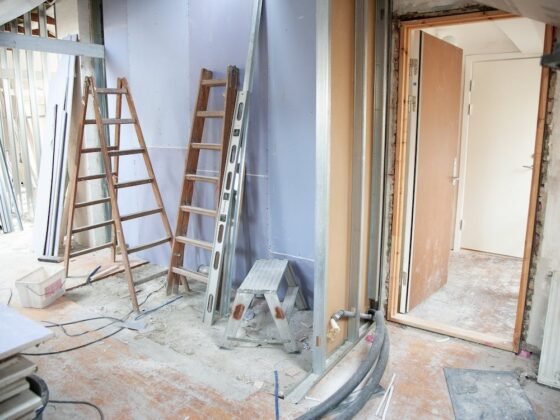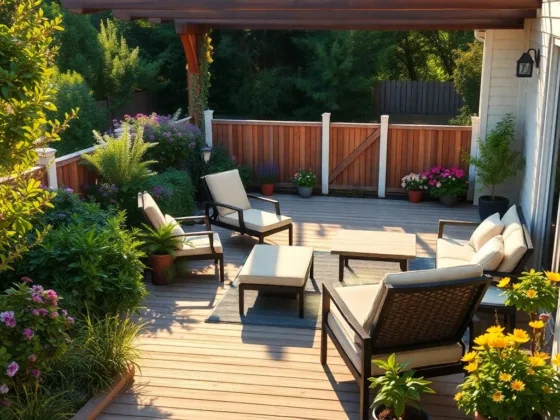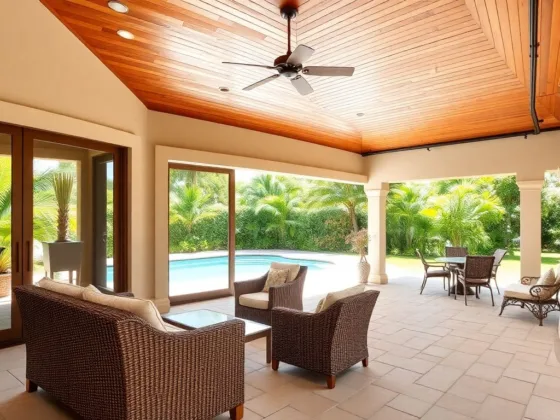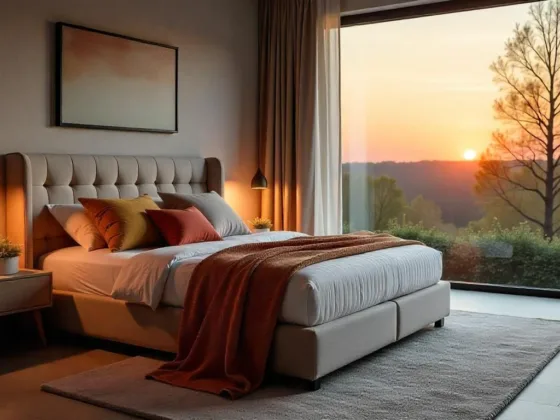Table of Contents Show
Renting an apartment is a significant decision that requires careful consideration. According to the American Community Survey in 2019, approximately 44 million households in the U.S. are renters. Similarly, as per research in 2022, around 58 percent of households are renters in the D.C. area of Washington.
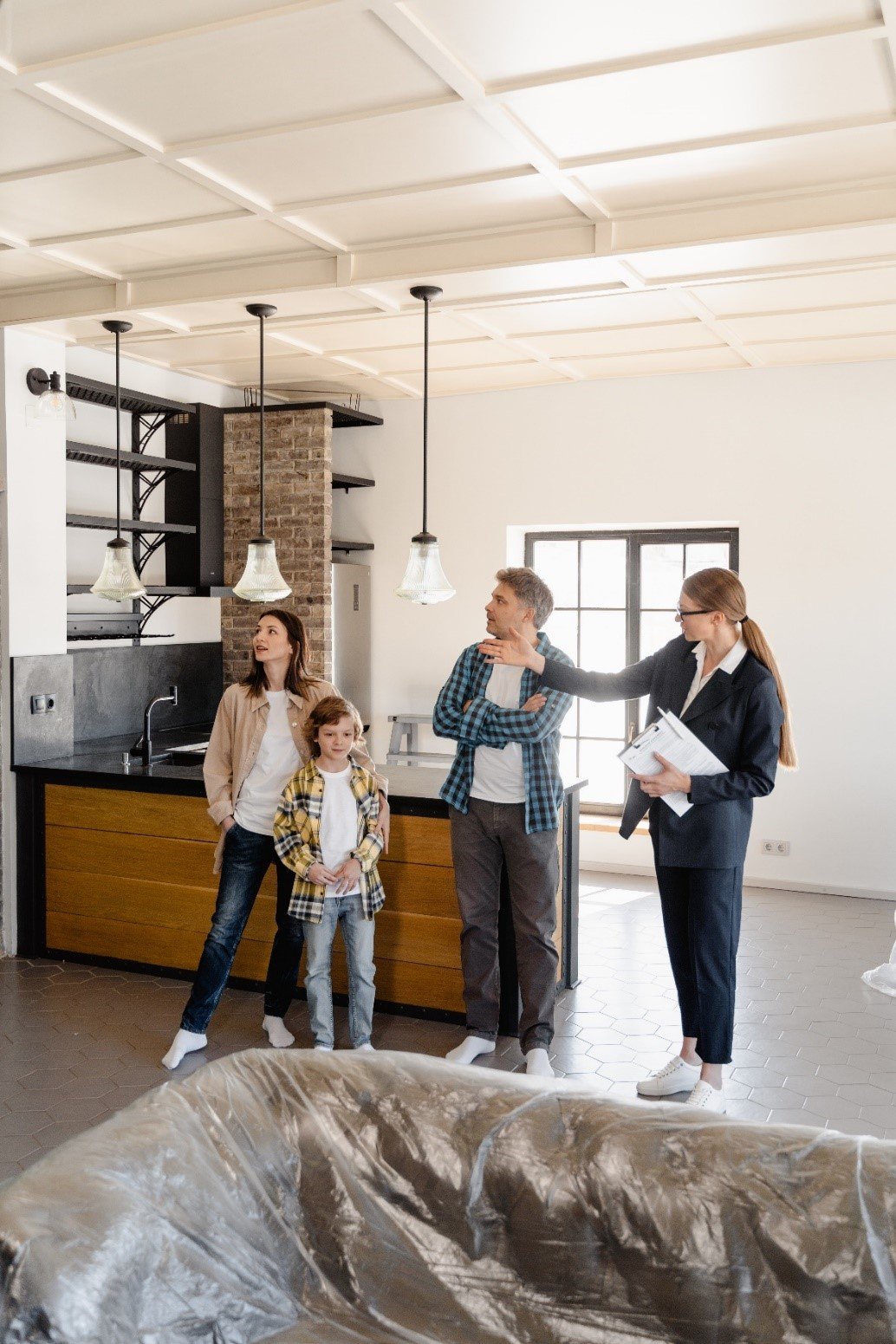
Moreover, it is predicted that the U.S. Apartment Rental Industry will be worth $226.4bn in 2023, with Washington, DC, contributing significantly to this growth.
This expansion is attributed to increasing demand for rental properties, favorable government policies, and the rise of digital technologies in the real estate sector.
Choosing the right apartment can provide a comfortable living space while making the wrong choice can lead to financial stress and emotional turmoil.
As such, it is crucial to take the time to research and weigh all the factors involved before signing a lease. Key elements include your budget, preferred location, amenities, and the terms and conditions of the lease.
So, let’s explore the key factors you need to consider before you rent an apartment:
1. Location
Location is crucial when renting an apartment to ensure convenience, safety, and quality of life. It is essential to consider the proximity of key amenities such as grocery stores, hospitals, schools, parks, and public transportation. Additionally, one should consider the distance between their workplace and the apartment to minimize commute time and costs.
Washington, DC, is ideal for renters who value convenience and affordability. The cost of living here is relatively more affordable than in other major cities like New York and San Francisco.
The city offers a rich history, cultural diversity, and numerous amenities, including top museums, universities, and hospitals. Its well-connected public transportation system and high walk and bike scores make it a pedestrian and bike-friendly city.
There are many options for property rentals in the DC area, from modern neighborhoods like Dupont Circle to historical places like Georgetown, each with unique character and amenities.
Whether searching for a cozy studio, a spacious family home, or a modern loft, taking the time to identify the right rental property will affect your overall living experience.
Read Also:
2. Total Costs
It is essential to calculate the actual cost of living there. While rent is undoubtedly the most significant expense, it is not the only one. Other costs include utilities, cable, internet, parking, pet fees, renter’s insurance, and amenities.
It is also essential to consider any potential additional costs, such as application fees or security deposits. You must also consider any potential increases in prices over time.
Considering all these additional expenses can help you budget more accurately and decide which apartment to choose.
3. Paperwork Preparation
When renting an apartment, gathering all the required paperwork in advance is essential to avoid unnecessary delays in the application process.
Some necessary documents may include a copy of your credit report, proof of employment, and references from previous landlords. This step can help you secure your apartment quickly and efficiently.
Remember, different rental properties may require additional paperwork. Requesting a list of necessary documents from the landlord or property manager beforehand is a wise decision when considering renting an apartment. It will save you time and ensure communication during the application process.
4. Lease Terms
A lease agreement defines the terms and conditions between the landlord and the tenant. It is essential to read and understand every detail of the lease agreement before signing it.
The most common terms listed in rental agreements include “security deposit,” “pet deposit,” “rental period,” and “late fees.” Familiarizing oneself with these terms will help tenants avoid misunderstandings and confusion during the lease agreement.
Also, consider the lease term and its flexibility. Some landlords offer both long-term and short-term lease agreements. Long-term leases are generally less expensive but provide less flexibility. Short-term leases offer more flexibility, but the monthly rental charges are high, comparatively.
5. Layout
The layout can have a significant impact on the functionality and livability of the apartment. For example, working from home may require a layout with a designated office space or a larger living area.
Another important factor is the number and size of the rooms. It is also essential to consider the upkeep of the kitchen and bathroom when evaluating the layout of an apartment.
Look for units that have modern appliances and updated fixtures. Ensuring the plumbing and electrical systems are in good working order is also essential to avoid unexpected home maintenance costs.
6. Furniture Considerations
When renting an apartment, it is essential to consider furniture requirements to ensure everything fits easily. It is advisable to take measurements of the rooms and furniture that will be moved in.
It will prevent moving in only to discover that a sofa or bed fits outside the provided space. One way to confirm if the furniture will fit is by using a floor plan to determine how to arrange the furniture.
In some cases, tenants may have to buy new furniture to fit the apartment’s layout, and it is crucial to consider the costs involved.
7. Look for Amenities
It is important to consider the amenities an apartment offers. Different renters have different choices and depend on their lifestyles, preferences, and needs.
Some common amenities people look for include a washer and dryer, air conditioning, storage space, parking, and a balcony or outdoor space.
Choosing an apartment with your preferred amenities can make all the difference in your living experience. For example, air conditioning can be a lifesaver in summer, and storage space can help keep your apartment clutter-free.
8. Pets Policy
If you have a pet, finding a pet-friendly apartment is important. Different rental communities may have different pet policies, so checking with the property manager to ensure your pet is allowed is essential. Some communities may restrict the types of pets you can keep.
For instance, you may keep cats and dogs, but certain breeds might be prohibited in the community. Others may have weight limits, allowing only small pets.
Additionally, extra fees may be associated with pet ownership, such as a non-refundable pet deposit or monthly pet rent.
9. Safety and Security
Look for apartments with adequate safety measures, such as secure entry systems, 24-hour CCTV monitoring and surveillance, functional smoke detectors, and proper lighting in common areas.
Renters should also note that door and window locks are properly working. Additionally, consider the neighborhood’s safety, such as the area’s crime rates and nearby emergency services.
Conclusion
Renting an apartment is a significant decision that can profoundly impact your lifestyle and overall well-being. By carefully weighing these factors and conducting thorough research, you can find an apartment that fits your needs and preferences.
Remember, renting an apartment is more than just securing a roof over your head; it is about finding a place to call home. So, take your time, be diligent, and avoid making hasty decisions.
Making a well-informed choice allows you to relish all the advantages of renting an apartment that caters to your demands.
